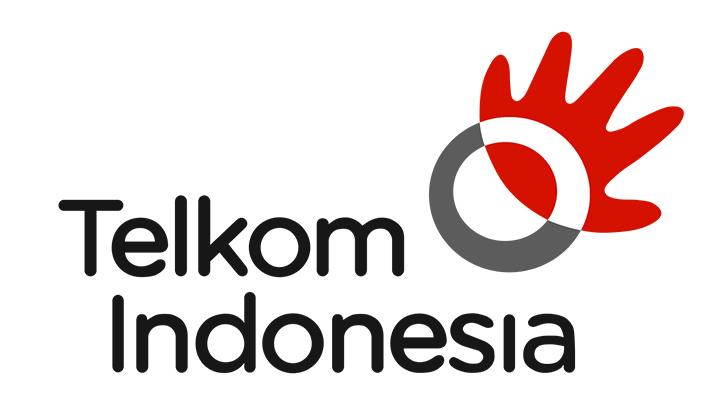Telkom's Share Gamble
Translator
Tempo.co
Editor
Laila Afifa
Rabu, 7 Oktober 2020 14:22 WIB

TEMPO.CO, Jakarta - THE main priority of a state-owned enterprise (SOE) should be to obtain the largest possible profits for the state.
Speculative actions, especially those of uncertain risk, must be avoided. Money belonging to the people, represented by the government as the majority shareholder of every SOE, must not be squandered.
This principle should be considered by SOEs Minister Erick Tohir when studying the plan by Telekomunikasi Selular (Telkomsel), a subsidiary of Telekomunikasi Indonesia, or Telkom, to buy shares in Aplikasi Karya Anak Bangsa, alias Gojek Indonesia. This magazine has discovered that the transaction worth US$150 million, equivalent to Rp2.25 trillion, is almost finalized.
Concerns about the risk from this huge transaction are understandable. Although Gojek is an extraordinary startup company that is now Indonesia's first decacorn, the future of the digital business is still dependent on a number of factors. The Internet ecosystem in Indonesia, the digital habits of users, and the intensity of competition will determine Gojek's fortunes over the next few years.
After all, Telkom and Telkomsel are not Djarum or Astra Indonesia. These two conglomerates that also hold shares in Gojek are private companies. They have different principles for risk management and corporate actions. And the funds that they injected into Gojek did not come from state assets.
The directors of Telkom and Telkomsel obviously have a grand design related to this purchase of Gojek shares. They are convinced that the synergy with this startup can accelerate the transformation of their own digital businesses. A number of business plans, from the unification of consumer data to an expansion in the use of Telkomsel cellphone cards for Gojek applications have been planned with projections of huge increases in profits.
However, the track record of these SOEs could make all of these business calculations less than convincing. For a number of years, several of Telkom's digital innovations have not performed as well as expected. Most recently, Blanja.com, its e-commerce application supported by digital giant e-Bay, also ceased operations. Rather than throwing money into a sector that is not its main competency, Telkom would do better to focus on expanding its core business as the provider of a reliable telecommunications network in Indonesia.
Furthermore, Article 2 paragraph (d) of the State-Owned Enterprises Law underlines the importance of SOEs seeking profits. This provision allows SOEs to be involved with startups, but this involvement is clearly limited to "startups in sectors that cannot be exploited by the private sector or cooperatives." The entry of Telkom into the digital sector that is crowded with private companies is inconsistent with the requirements of this law.
What is more, state-owned companies do not usually participate in the competition for digital business. Success in this crowded field is highly dependent on the spending power of the participants. As an SOE, is Telkomsel allowed to not take the profit from share dividend payments? What is Telkomsel's strategy to ensure that its investment will eventually result in increased profits when the schedule for Gojek's initial public offering is still uncertain?
These questions have been directed at the management of Telkom when it first announced its plan to buy Gojek shares a few years ago. At that time, Telkom was reported to have set aside Rp7 trillion to acquire three percent of Gojek shares. But this plan was not approved by the previous SOEs minister, Rini Soemarno. Of course, the public hopes that the fact that Gojek founder Nadiem Makarim is now minister of education and culture and the younger brother of Gojek commissioner Garibaldi Thohir is now SOEs minister did not influence this multi-trillion-rupiah business decision.
The concern expressed by some over Telkom's plan to buy these shares is more related to the position of Telkom as a state company rather than the position of Gojek as a successful startup with a valuation of Rp186 trillion. With around two million drivers and 500,000 merchants as partners, the technology company has become a vital part of the national economy. Rather than bringing the two together, allowing Telkomsel to be the best telecommunications network provider in this country, by itself will support the growth of Gojek as an Indonesian digital giant.
Read the Complete Story in Tempo English Magazine




















